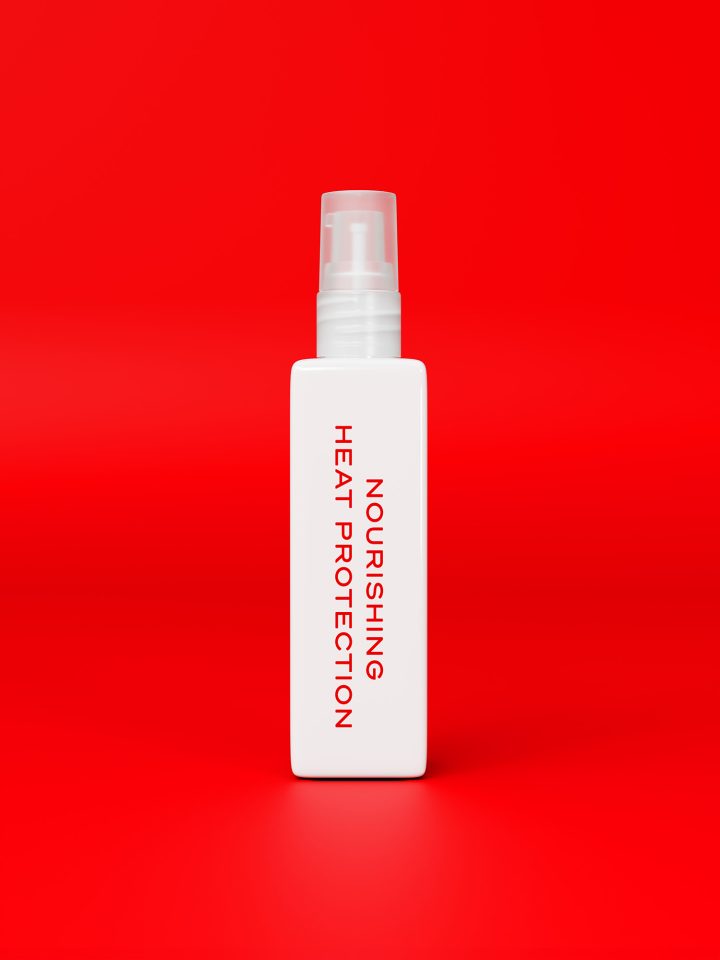Have you ever woken up with a scalp that feels like it's on fire? Or maybe you've been sitting at work, and suddenly your scalp starts itching so intensely that you can barely concentrate? A red and itchy scalp is something that can happen to all of us at some point in our lives, and it's both uncomfortable and annoying. But don't worry, you are not alone! Many people, regardless of their hair type or lifestyle, struggle with this problem, and there are actually several things you can do to both alleviate the symptoms and prevent future problems.
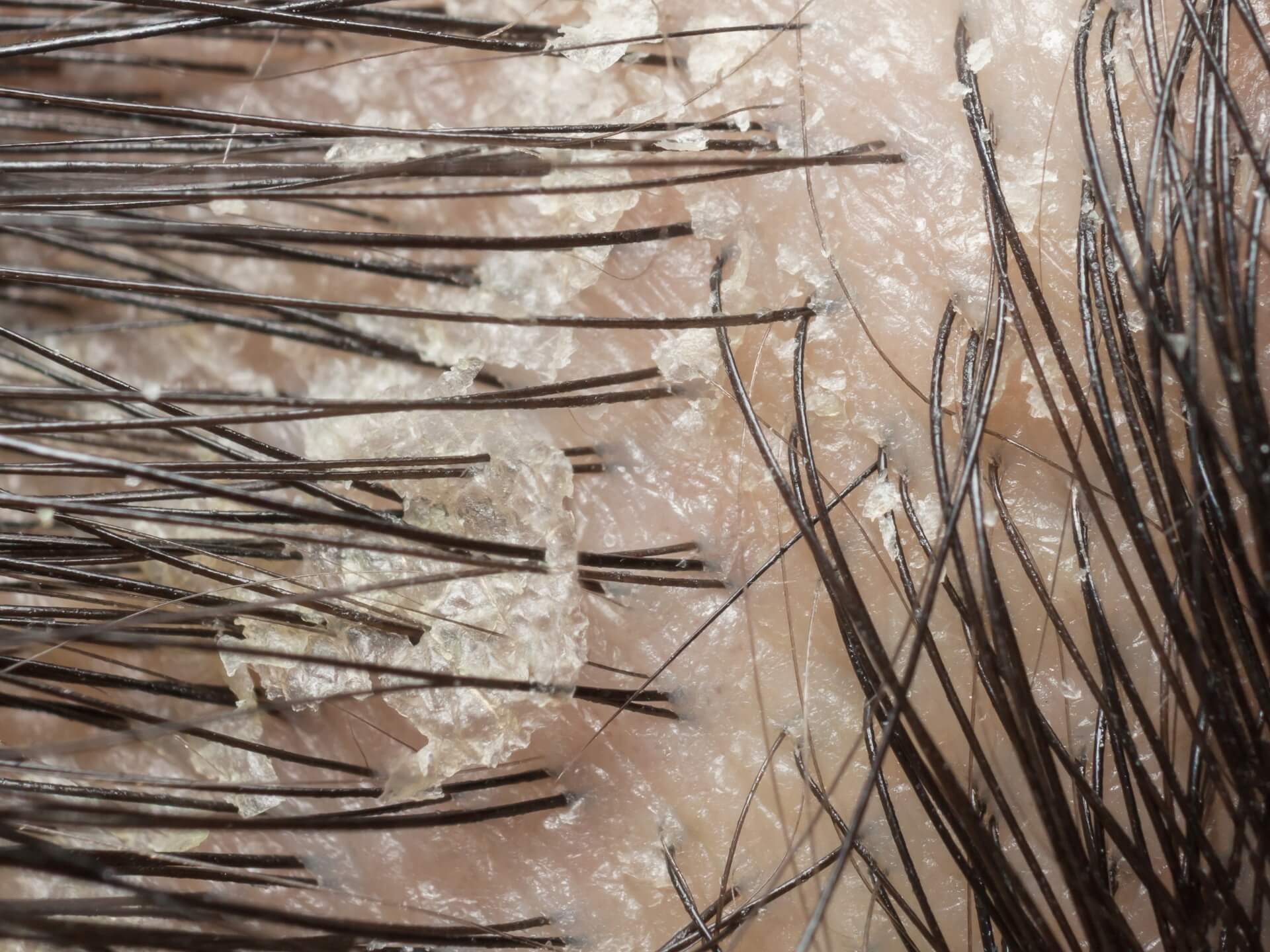
What causes red itchy scalp?
Before we get into solutions and products that can help, it is important to understand what actually causes a red and itchy scalp. By identifying the root of the problem, you can better choose the right treatment and preventive measures.
- Dandruff and dry scalp: Dandruff is one of the most common causes of itching and redness on the scalp. Dandruff occurs when the scalp is too dry, leading to flaky skin. This can cause irritation and inflammation, which in turn leads to redness and itching. If you notice white or yellow scales in your hair or on your clothes, it is likely that dandruff is the culprit.
- Allergic reactions: Have you recently changed your shampoo, conditioner or other hair care product? Sometimes new products may contain ingredients that your skin is not used to, which can lead to allergic reactions. These reactions can manifest as redness, itching, and in some cases even rashes. Common irritants include sulphates, parabens and some fragrances.
- Seborrheic eczema: This is a chronic skin condition that can cause severe scaling, redness and itching of the scalp. Seborrheic eczema is often associated with oily skin and can be aggravated by stress or changes in weather. If you have areas of redness and flaking skin that don't seem to get better with regular dandruff shampoo, this could be the cause.
- Psoriasis: Psoriasis is an autoimmune disease in which the body's immune system overproduces skin cells, leading to thick, red patches with silvery white scales. Psoriasis on the scalp can be particularly uncomfortable, as it often itches and can bleed if scratched.
- Scalp infections: Fungal infections such as tinea capitis (ringworm) or bacterial infections can also cause redness and itching. These infections are often associated with hair loss and may require medical treatment to be fully cured.
By identifying the cause of your red and itchy scalp, you can better customize your hair care and treatment to get long-lasting relief.
How to treat red itchy scalp
Treating a red and itchy scalp is not always easy, but with the right products and routines, you can alleviate symptoms and improve scalp health. Here are some steps you can take to treat and soothe an irritated scalp:
1. use a mild shampoo for sensitive scalps
The first step in treating a red and itchy scalp is to switch to a shampoo specifically designed for sensitive scalps. A common problem is that many shampoos contain harsh chemicals that can dry out and irritate the scalp. This often exacerbates the problem, especially if you already suffer from dryness or irritation.
An excellent alternative is Caring Shampoo from The Every This shampoo is completely vegan and contains soothing ingredients such as hyaluronic acid and avocado oil, both of which are known for their moisturizing properties. Hyaluronic acid helps maintain moisture on the scalp, while the avocado oil nourishes and protects against further dehydration. In addition, it contains Piroctone Olamine, an ingredient that is effective against dandruff and itching.
Switching to a mild and nourishing shampoo can make a big difference to your scalp health, and you may notice a reduction in both redness and itching within a few weeks.
2. Apply a nourishing scalp scrub
Another important step in treating a red and itchy scalp is to use a scalp scrub. A scalp scrub helps to remove dead skin cells, excess sebum and product residues that can build up and cause irritation. By exfoliating your scalp regularly, you can improve circulation and promote a healthier scalp.
Scalp Scrub from The Every is an excellent choice for this purpose. This scrub contains Aloe Vera, known for its soothing and anti-inflammatory properties, and natural scrub granules that gently exfoliate the scalp without causing further irritation. In addition, it is packed with antioxidants and vitamins from lime and green tea, which protect the scalp from external stresses.
Use Scalp Scrub once a week to keep your scalp clean and free from irritating build-up. It is important to be careful and not overuse the scrub, as too much exfoliation can damage the scalp.
3. moisturize with a scalp serum
After exfoliating the scalp, it is crucial to moisturize it to avoid it becoming dry and irritated again. A nourishing scalp serum can help restore balance to the scalp and provide immediate relief from itching and redness.
Scalp Food from The Every is an ideal product for this. This serum contains yacon fruit and aloe vera which instantly soothe irritation and restore the natural balance of the scalp. Aloe vera is particularly effective at relieving redness and itching, while yacon fruit adds nourishment and promotes a healthier scalp.
For best results, apply Scalp Food after you have washed and exfoliated your scalp. Massage it into your scalp using circular motions to promote absorption and increase blood circulation. You will notice that your scalp feels softer, less irritated and significantly healthier after regular use.
4. avoid heat and chemical treatments
It's no secret that heating tools such as straighteners, curling irons and hair dryers can cause damage to both hair and scalp. Heat can dry out the scalp, making it more prone to irritation and itching. Chemical treatments such as hair coloring and perms can also worsen the condition, especially if the scalp is already sensitive or irritated.
If you can't avoid using heat tools, make sure to always use a heat protectant. Nourishing Heat Protection from The Every is a great choice, as it not only protects your hair from heat, but also adds moisture and nourishment with ingredients such as hyaluronic acid, pea protein and pomegranate extract. This product helps prevent damage, frizz and split ends while keeping your scalp protected.
Also, try to give your scalp a break from chemical treatments when you can. If you must color your hair, choose gentler options that don't contain ammonia or other harsh chemicals.
5. Try a soothing hair mask
Once a week, you can give your scalp extra care with a nourishing hair mask. A good hair mask can restore the moisture balance of both hair and scalp, as well as provide essential nutrients that strengthen and protect hair from root to tip.
Caring Masque from The Every is one of the best options for a scalp that needs some extra love. This mask is rich in shea butter, which is known for its intensely moisturizing properties, as well as hyaluronic acid which helps to keep the scalp hydrated and soft. The mask also contains argan fruit extract which helps to strengthen hair and protect it from external stresses.
Apply Caring Masque after shampooing and leave it on for at least 10-15 minutes for best results. You can even leave it on for longer if you have time, for a deep treatment that will leave your hair silky smooth and your scalp calm and moisturized.
How to prevent red itchy scalp
Prevention is always better than treatment, and this is also true for red itchy scalp. By taking proper care of your scalp, you can reduce the risk of irritation and keep your scalp healthy and balanced. Here are some tips to prevent a red and itchy scalp:
1. wash your hair regularly but not too often
One of the most common questions people have when it comes to hair care is how often they should wash their hair. The answer depends on your hair type and the needs of your scalp. If you wash your hair too often, you may remove the natural oils that keep your scalp moisturized, which can lead to dryness and itching. On the other hand, if you wash your hair too infrequently, product build-up and sebum blockages can cause irritation and redness.
A good rule of thumb is to wash your hair 2-3 times a week with a mild shampoo, which Caring Shampoo. If you have a very dry scalp, consider washing it even less often, and instead use a dry shampoo between washes to keep your hair fresh.
2. Stay away from irritating products
There are certain ingredients in hair products that can be particularly irritating to sensitive scalps. Sulfates, parabens and some synthetic fragrances are common culprits. These chemicals can dry out the scalp and cause allergic reactions, leading to redness and itching.
To avoid these problems, choose products that are free of these irritants. The Every's products are all free of sulfates, parabens and cyclic silicones, making them safe and gentle for sensitive scalps. Make sure to read the ingredient lists on your products and choose those formulated with natural and soothing ingredients.
3. Protect your scalp from the sun
When we think about protecting our skin from the sun, we often forget about our scalp. But the scalp is just as exposed to harmful UV rays as the rest of our skin, and too much exposure can lead to sunburn, dryness and irritation. Especially during the summer, it is important to protect your scalp when you are out in the sun.
An easy way to protect your scalp is to wear a hat or scarf when you are out under the sun. You can also use hair products that contain UV protection to reduce the damage. It is important to remember that even if you cannot see the sunburn on your scalp, it can still cause long-term damage and irritation.
4. Eat a balanced diet
What we eat has a direct impact on our skin and hair health, and this is also true for the scalp. A nutritious diet rich in vitamins and minerals can improve both hair and scalp health. Particularly important nutrients for scalp health include omega-3 fatty acids, vitamin E and zinc.
Omega-3 fatty acids, found in oily fish, flaxseeds and walnuts, help keep skin hydrated and can reduce inflammation. Vitamin E, found in nuts, seeds and green leafy vegetables, is a powerful antioxidant that protects the skin from damage. Zinc, found in meat, seafood and legumes, plays an important role in the skin's healing process and helps fight infections.
Including these nutrients in your diet can help improve scalp health and reduce the risk of irritation and itching.
5. Coping with stress
Stress can have a profound impact on our health, including our scalp. When we are stressed, the body can react by increasing the production of oils, which can lead to clogged pores and inflammation of the scalp. Stress can also exacerbate existing skin problems, such as seborrheic dermatitis and psoriasis, leading to increased itching and redness.
Finding ways to manage and reduce stress is therefore crucial to maintaining a healthy scalp. Consider including stress-reducing activities such as yoga, meditation or regular exercise in your daily routine. Taking care of your mental well-being can have a big impact on your physical health, including the condition of your scalp.
FAQ
Q: Why is my scalp red and itchy?
A: There are several causes of a red and itchy scalp. Common causes include dryness, dandruff, allergic reactions to hair products, and skin conditions such as seborrheic eczema or psoriasis. If your scalp is red and itchy and you cannot identify the cause, it may be a good idea to consult a dermatologist to get an accurate diagnosis.
Q: What products are best for a sensitive scalp?
A: For a sensitive scalp, it's best to use products that are free of irritating chemicals such as sulfates, parabens and cyclic silicones. Products containing soothing and moisturizing ingredients, such as hyaluronic acid, avocado oil, and Piroctone Olamine, can help relieve irritation and itching. Caring Shampoo and Caring Conditioner from The Every are excellent choices to care for a sensitive scalp.
Q: How often should I wash my hair if I have red itchy scalp?
A: It's important to find a balance when it comes to hair washing if you have a red and itchy scalp. Washing your hair 2-3 times a week with a mild shampoo can help avoid drying out your scalp, while keeping it clean and free from product build-up and sebum blockages.
Q: Can stress cause red itchy scalp?
A: Yes, stress can definitely contribute to red and itchy scalp. Stress can increase the body's production of oils, which can lead to clogged pores and inflammation. In addition, stress can aggravate skin problems such as seborrheic eczema and psoriasis. Managing stress through relaxation techniques such as yoga, meditation or regular exercise can help reduce symptoms.
Q: Is a scalp scrub safe to use on sensitive scalp?
A: Yes, a scalp scrub can be safe to use on sensitive scalps, provided you choose a scrub formulated for this purpose and do not overuse it. Scalp Scrub The scrub from The Every is specifically designed to be gentle but effective, with natural scrubbing grains and soothing ingredients like Aloe Vera. Use the scrub once a week to avoid irritation.
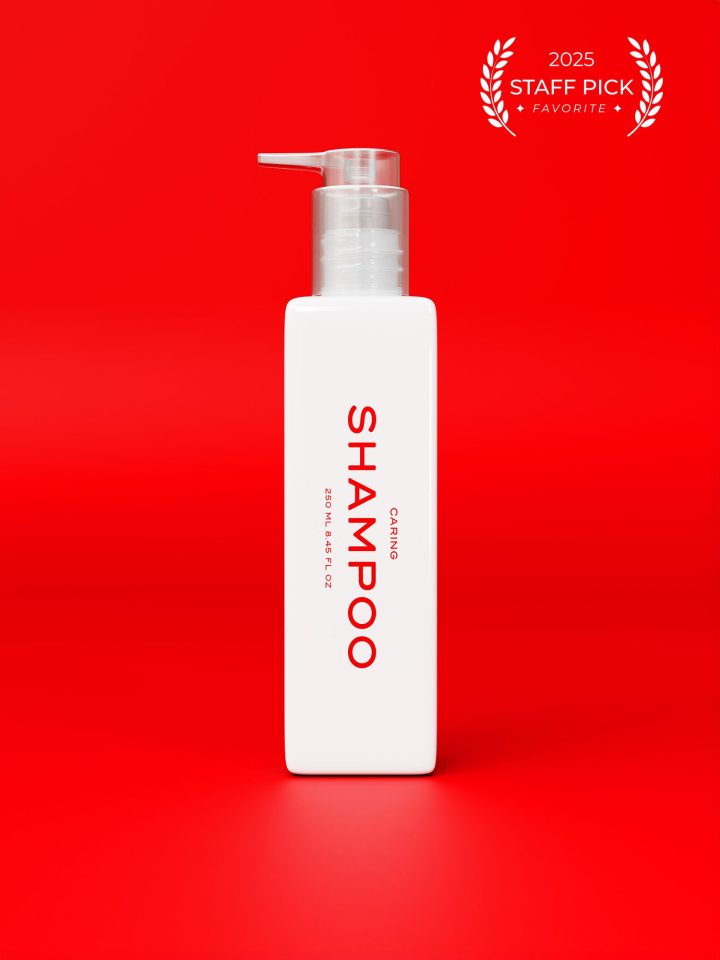
Caring Shampoo Gentle sulfate-free moisturizing shampoo 26,00 € - available on subscription from every 7 weeks
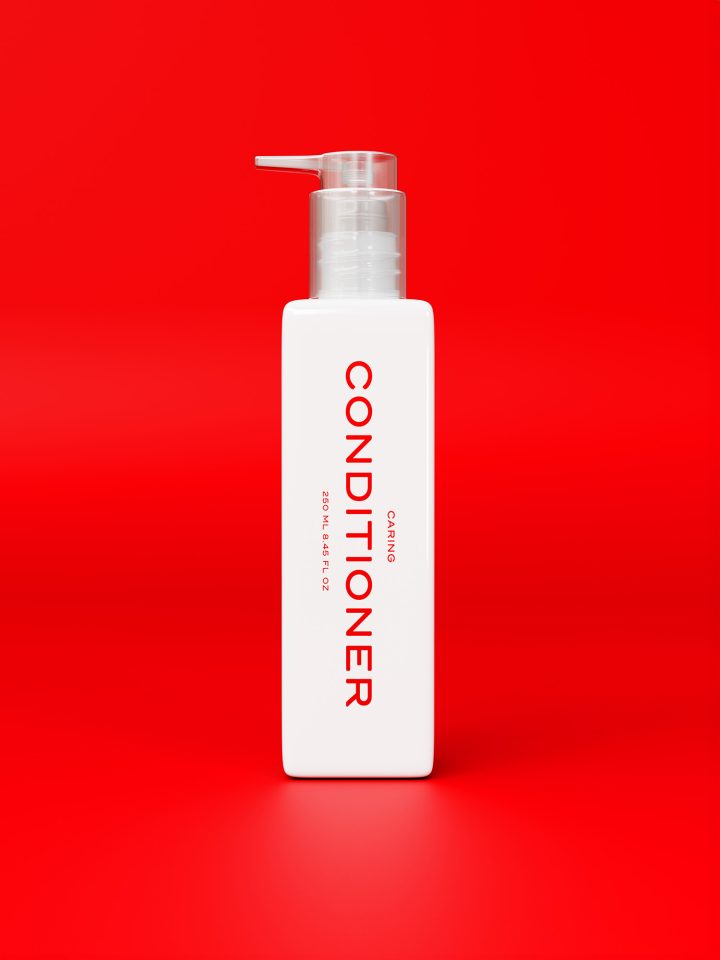
Caring Conditioner Gentle sulfate-free moisturizing conditioner 26,00 € - available on subscription from every 7 weeks
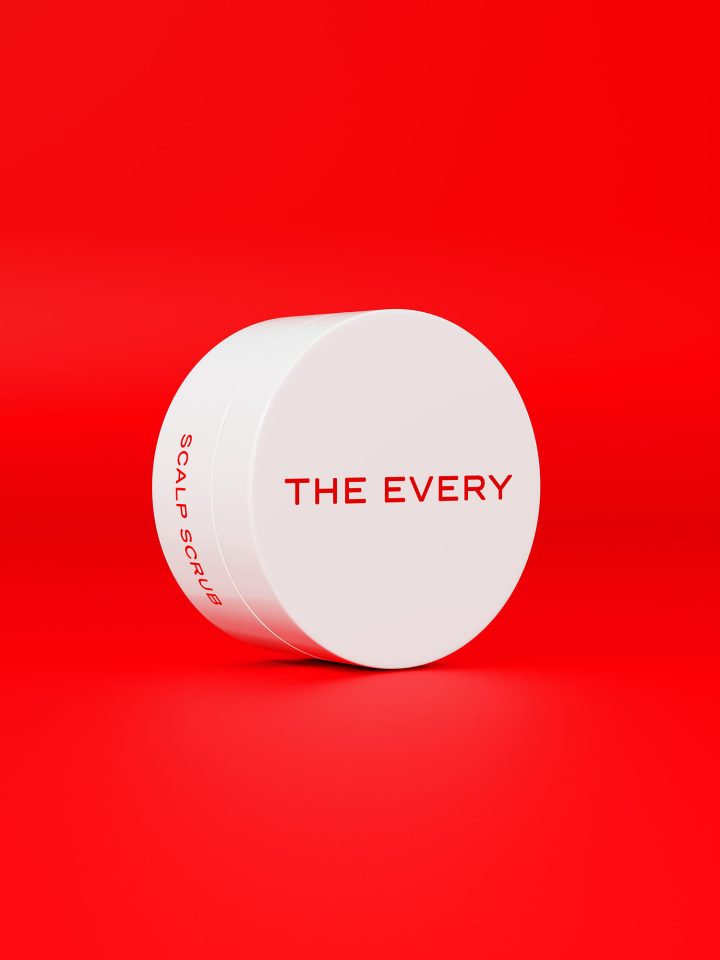
Scalp Scrub Balancing exfoliating scalp scrub 39,50 € - available on subscription from every 10 weeks
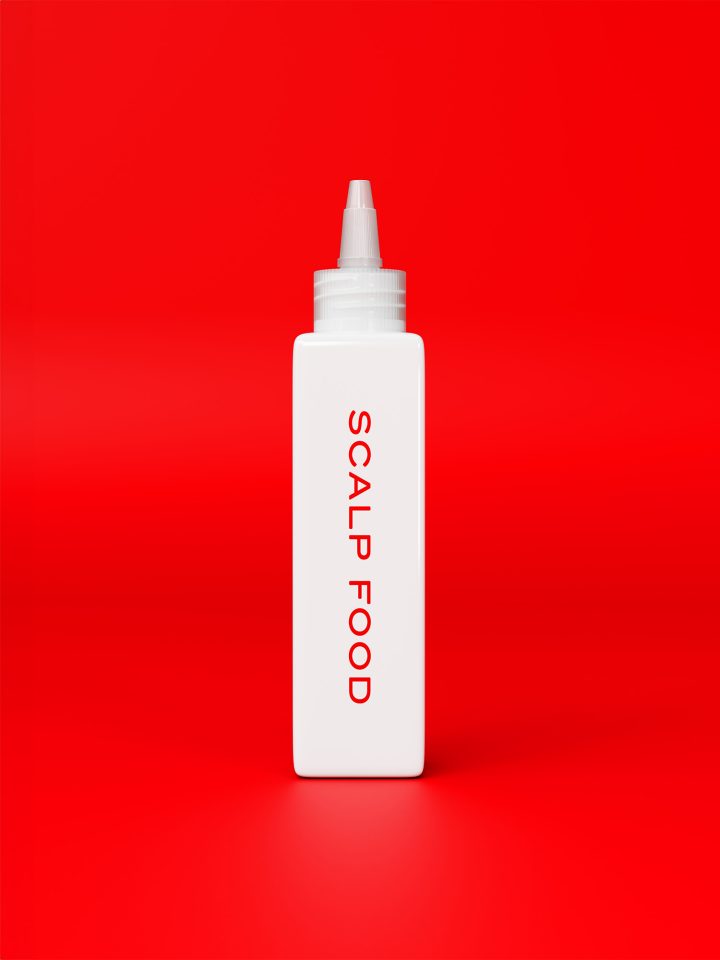
Scalp Food - Daily Serum Microbiome-strengthening, soothing scalp serum 45,00 € - available on subscription from every 7 weeks
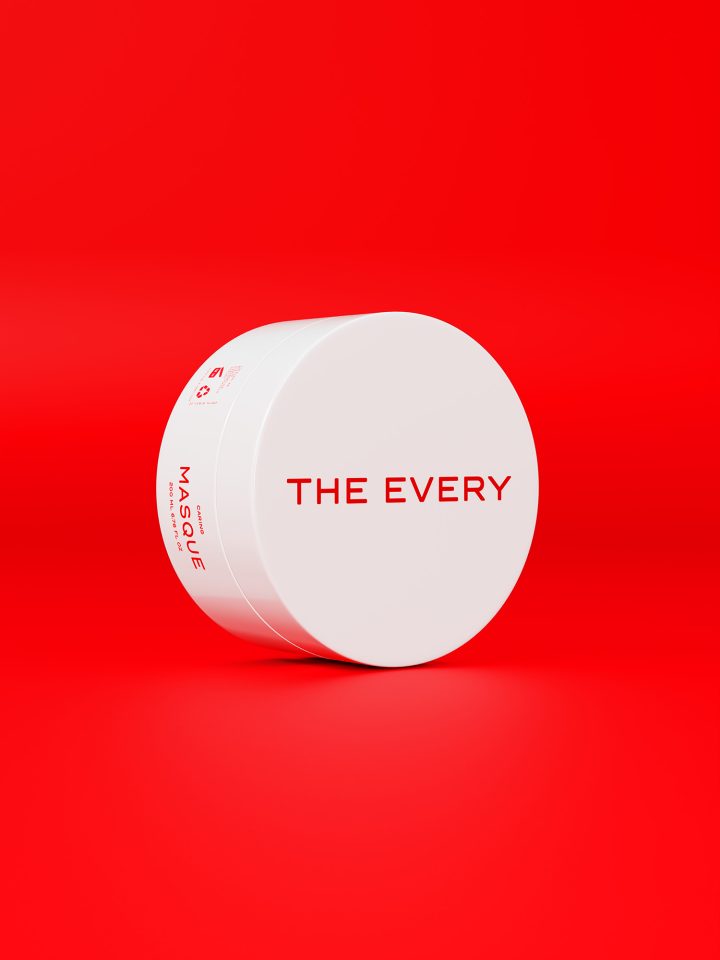
Caring Masque Intensively nourishing hair mask with shea butter 35,00 € - available on subscription from every 10 weeks
